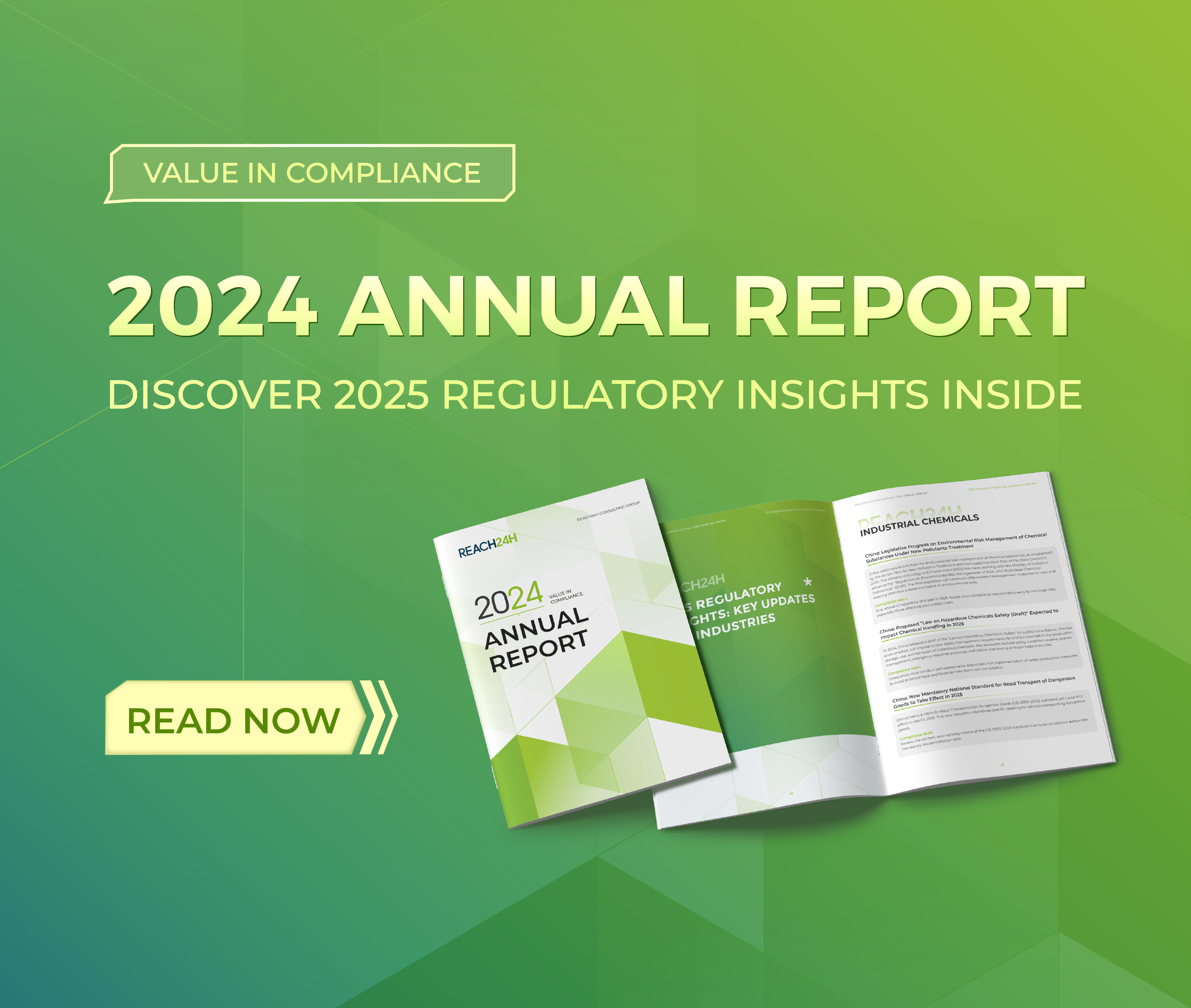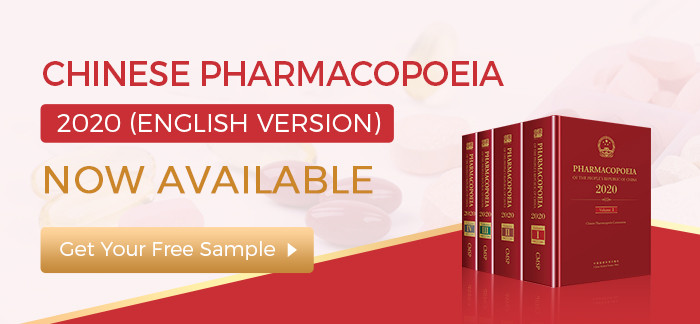Breaking News! China to Exempt Animal Testing for Imported General Cosmetics on May 1
Background
Last August and November, China released the first and second draft Instructions for Cosmetic Registration and Notification Dossiers which proposed that general cosmetics could be exempted from animal testing.
General cosmetics refer to all the products complying with the definition of cosmetics within the Cosmetic Supervision and Administration Regulation (CSAR), except for the special cosmetics namely hair dyes, hair perming products, freckle-removing and whitening products, sunscreens, anti-hair loss products and cosmetics claiming new efficacy.
| Two Preconditions | Three Exceptions |
| Only by fulfilling both of the following two conditions can companies of general cosmetics apply for the exemption of animal testing:
1. General cosmetic manufacturers have obtained the GMP certificates issued by the competent authority of the country (region) where they are located. 2. The safety assessment results can fully confirm the safety of products |
As long as one of the following 3 conditions applies, companies are still required to conduct animal testing:
1. Products claim to be used by infants/children 2. Products using new cosmetic ingredient during their 3 years of required monitoring 3. The notifier/RP/manufacturer is listed as a key supervision target according to the results of the quantitative rating system established by the NMPA |
GMP Certificates
For the first precondition-submission of GMP certificates, ChemLinked commented that “some overseas cosmetic companies may face a barrier for the animal testing exemption as they may fail to submit the GMP certificate granted by the local government cosmetic authority. In some regions, like the EU, the government cosmetic authority won’t issue an official GMP certificate due to the local cosmetic regulatory scheme. The GMP certificates that can be provided are generally issued by cosmetic associations or international standardization organizations.”
However, the official GMP certificates may not be a barrier now. In January France ANSM (National Agency for the Safety of Medicines and Health Products), the French health authority, announced that it would issue the GMP certificates for local cosmetic manufacturers and has already launched an online platform for them to obtain the certificates.
Additionally, more countries in Europe are considering joining the league. “The U.K. government is working closely with industry to create a certification system that will satisfy new Chinese regulations on cosmetics, following the removal of the requirement for animal testing on imported cosmetics,” said a U.K. Department of International Trade spokesperson.
The authorities are also connecting with China’s competent authority to confirm if their GMP certificates can be recognized.
Safety Assessment
Apart from the GMP certificates, safety assessment is also a mandatory condition for the animal testing exemption.
China has released the draft Technical Guidelines for Cosmetic Safety Assessment for public consultation on July 29, 2020. The draft Guidelines introduce strict requirements for safety assessment, such as:
- For finished products, the safety assessment shall not only focus on the assessment of all ingredients but also on the overall stability of the product, even the interaction of the packaging material and the content.
- Safety assessors are required to have a professional background, such as pharmacy, chemistry or toxicology, and at least 5 years of relevant working experience, and need to understand the cosmetic production process, quality and safety control requirements, toxicological assessment methods, etc.
Furthermore, the draft Guidelines haven’t clearly stated whether to recognize the safety assessment report issued by foreign institutions or foreign safety assessors.
The strict and indefinite requirements for safety assessment may cause concerns to international companies looking to circumvent animal testing. But the Guidelines haven’t been finalized, whether the safety assessment will still be subject to such strict requirements remains to be seen.
Comment From ChemLinked
Although there are limitations and challenges, the exemption is undeniably a great benefit for international cosmetic companies and also a big step was taken by China towards reducing animal testing. It is absolutely thrilling news that from May 1 international cruelty-free brands will be able to tap into the Chinese cosmetic market under new conditions.




